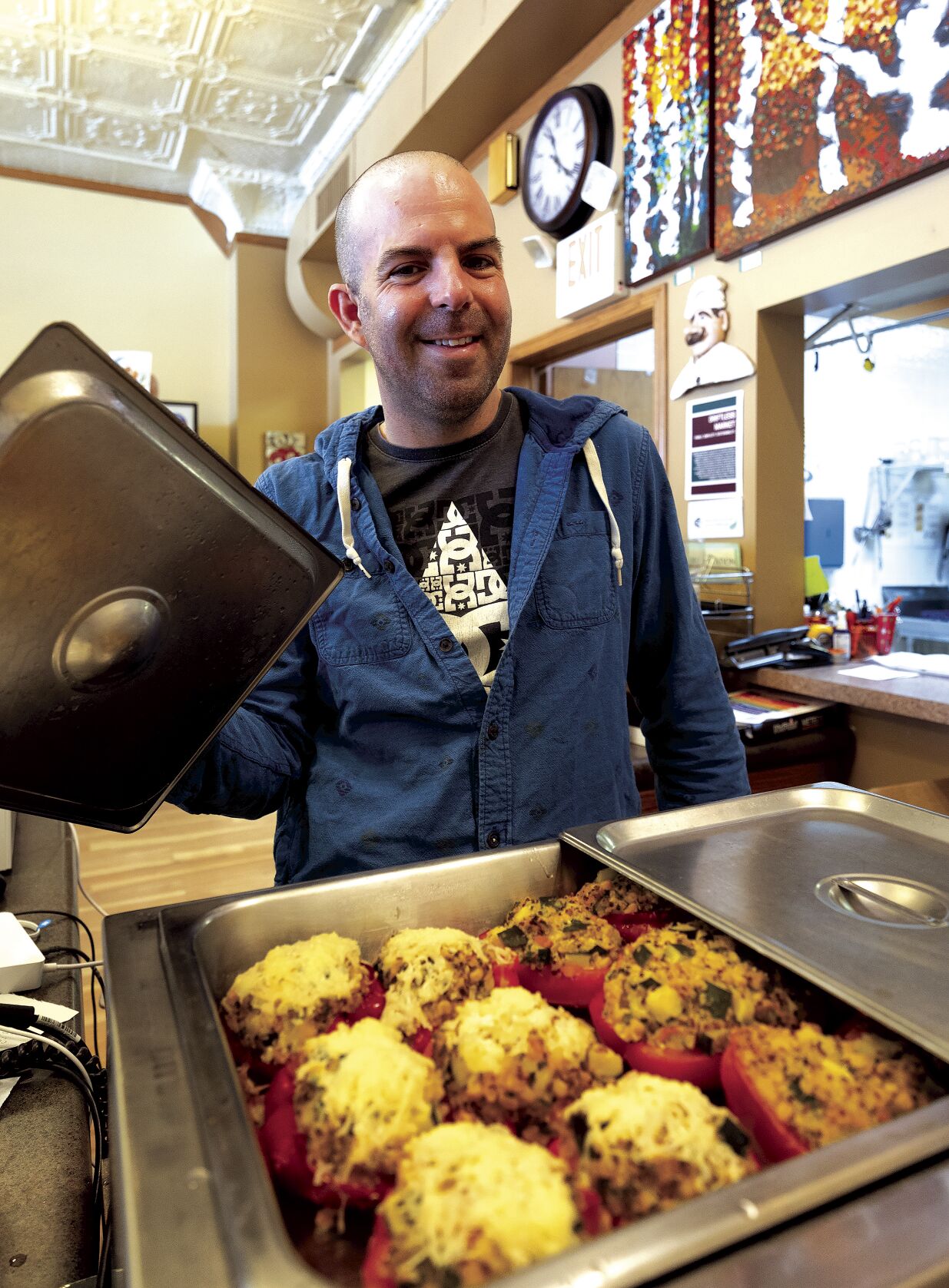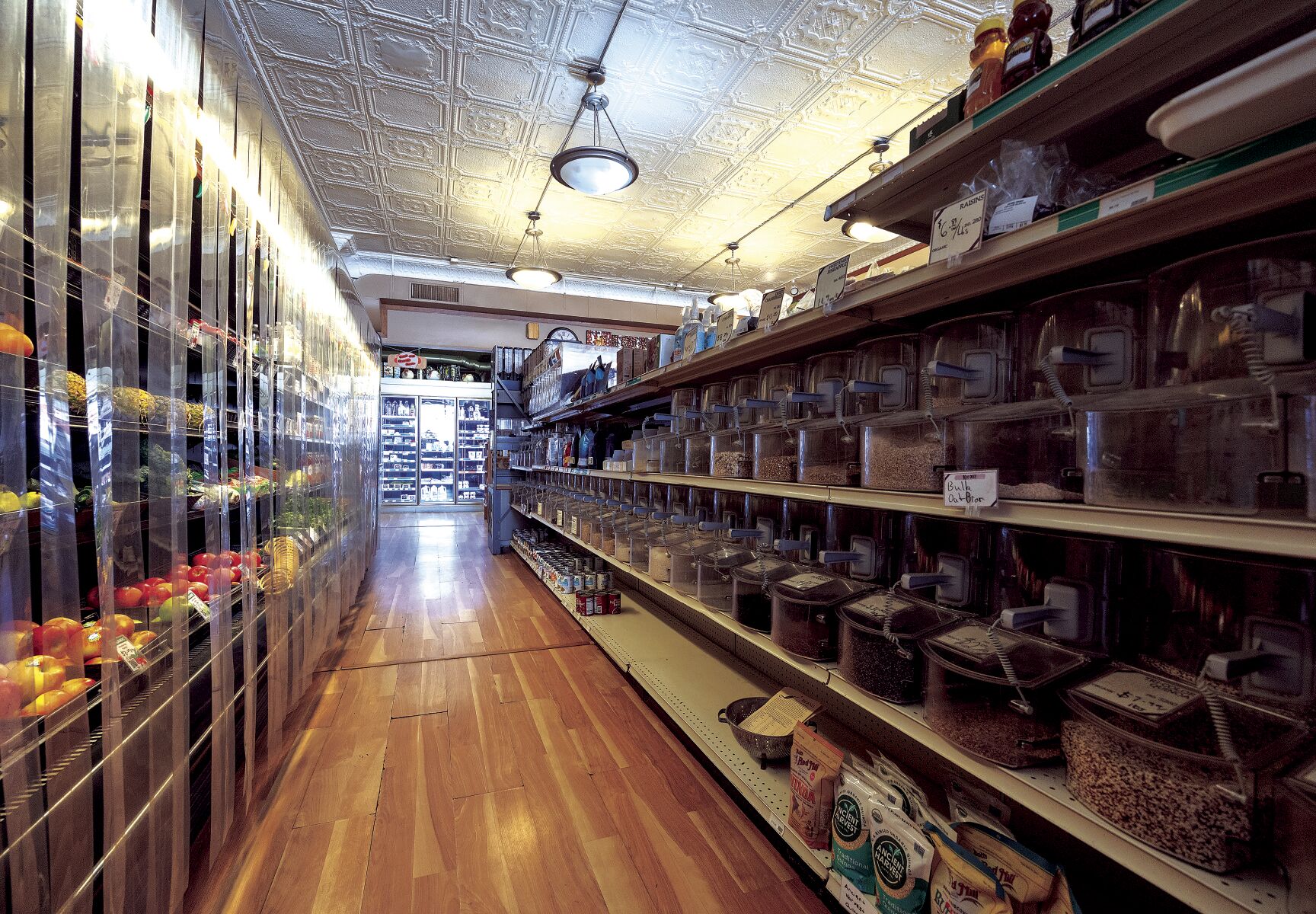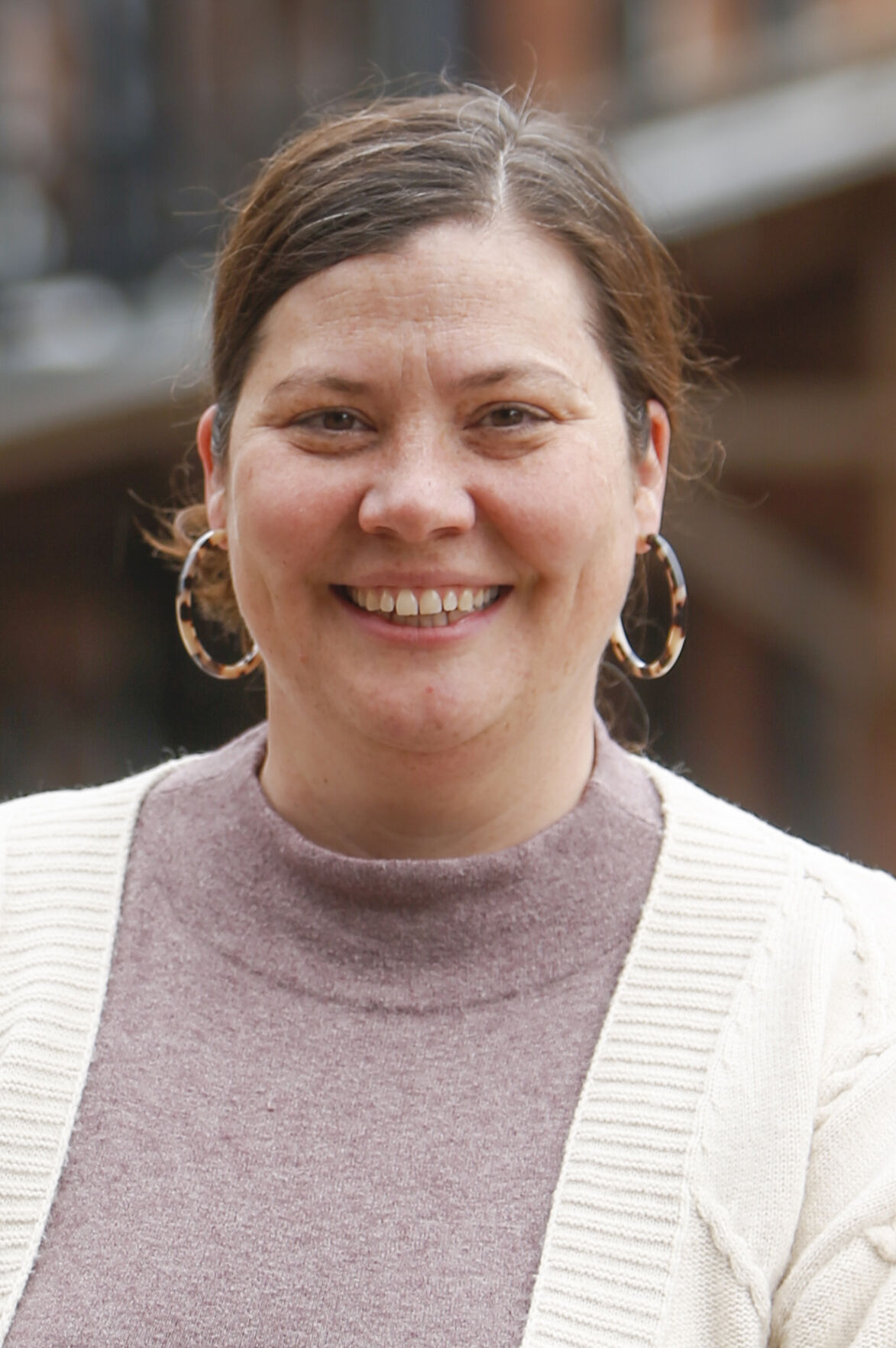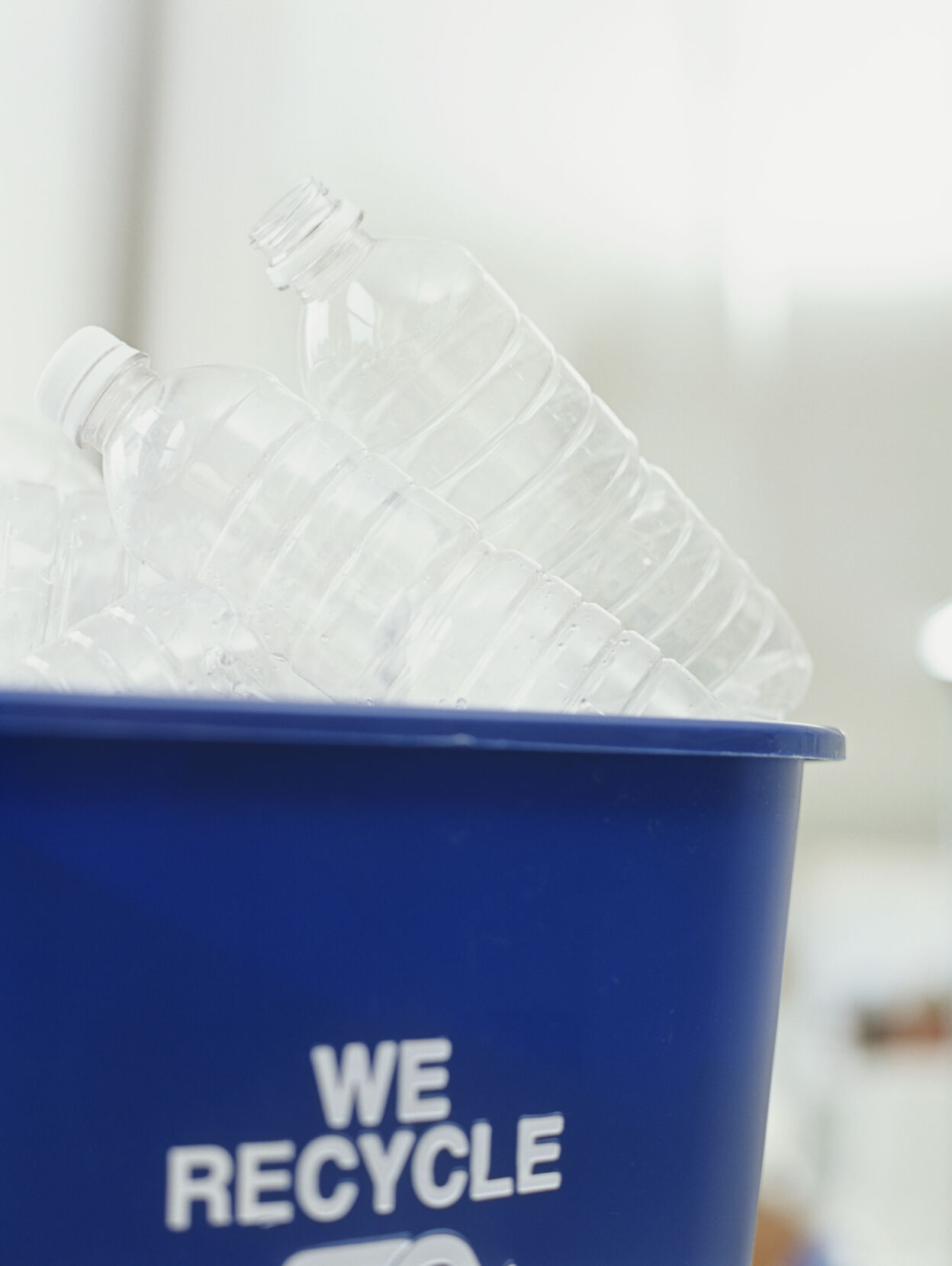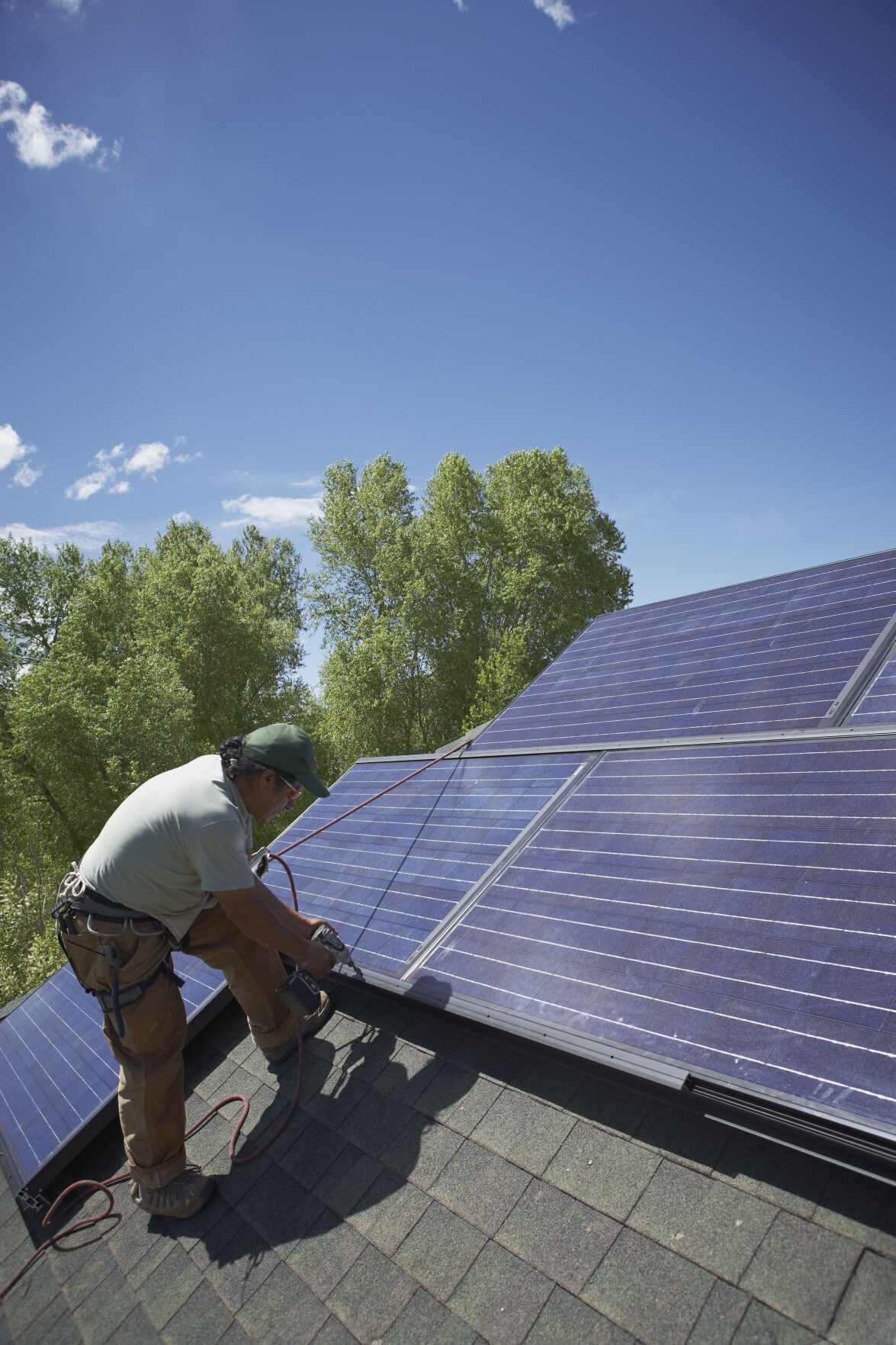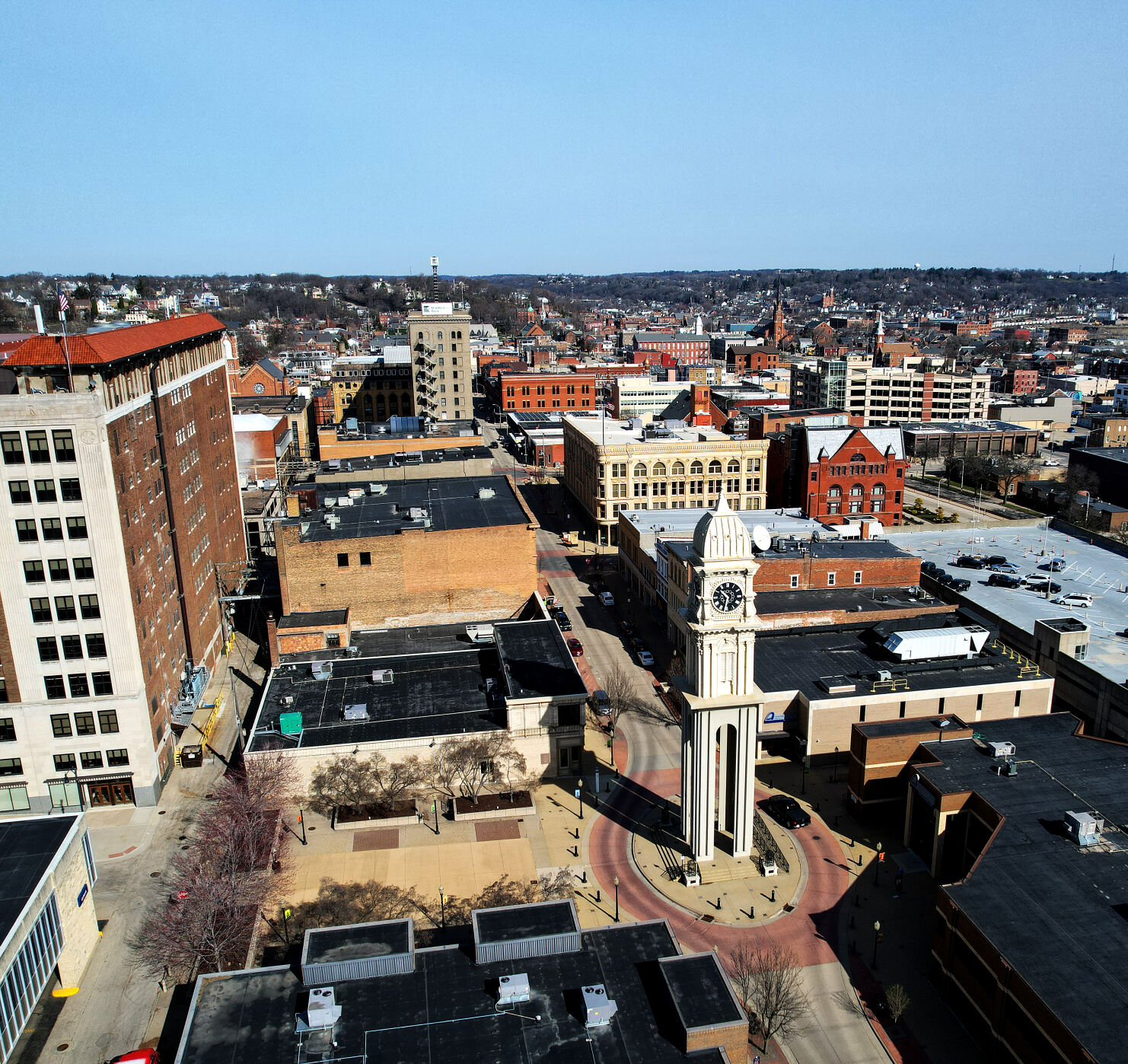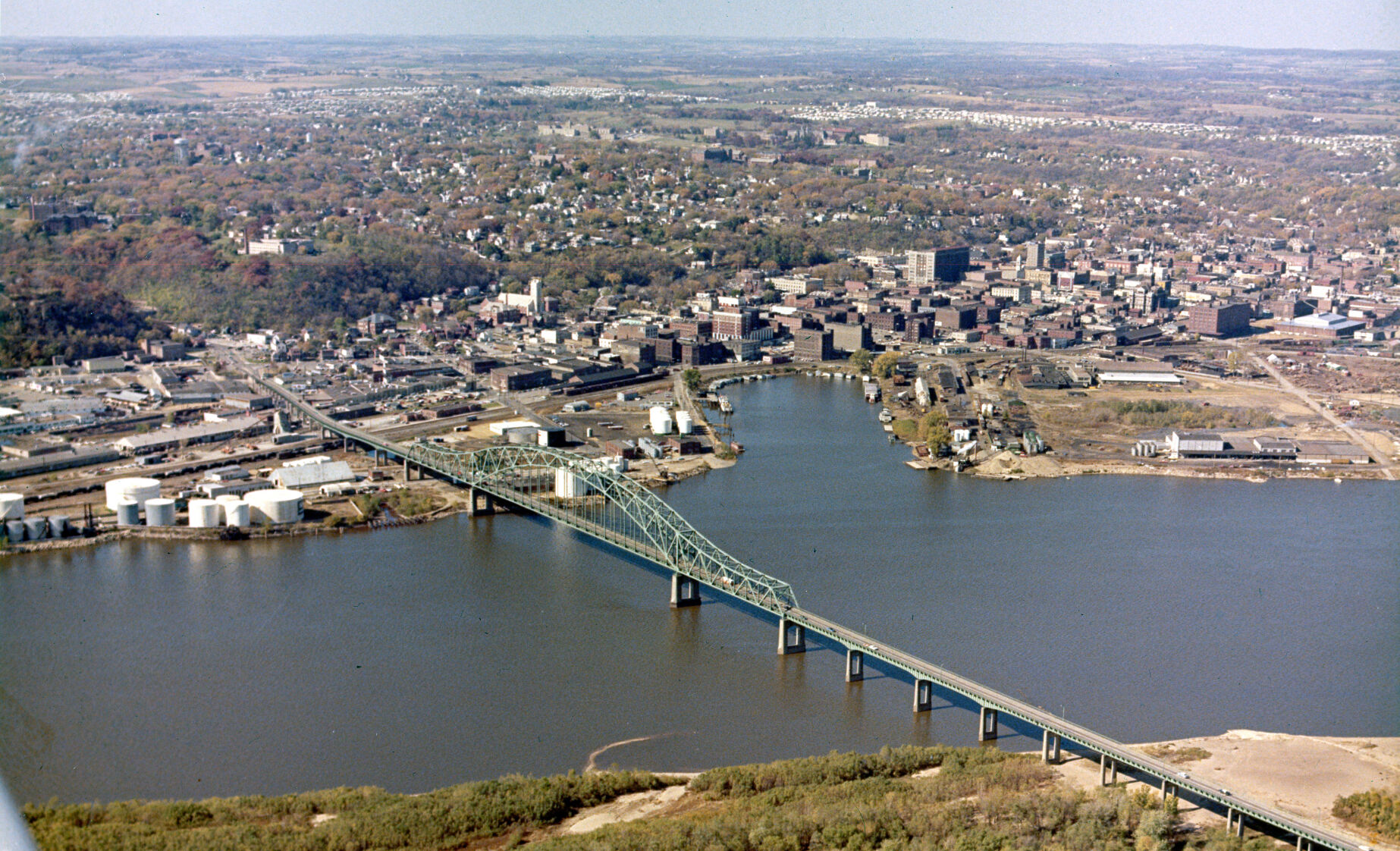Randy Thole isn’t afraid of a little competition.
Thole works as manager of plant engineering at the Progressive Processing plant on Dubuque’s Chavenelle Road. The plant employs more than 500 people to manufacture shelf-stable meat products for its parent company, Hormel Foods.
As such, the site is one of many to compete in Hormel’s annual “Sustainability Best of the Best” competition aimed at recognizing and incentivizing sustainability initiatives across its facilities nationwide.
The Dubuque plant has seen some “Top 10” finishes in the past, Thole said, but the facility hit it big last year after implementing a reverse osmosis project that reduced its annual water consumption by 7.28 million gallons for a cost savings of more than $100,000.
“Our facility actually took first place (in the 2023 competition),” Thole said. “… There’s a lot of really neat projects going on throughout our company, so it was really cool to be part of the first-place team.”
The project is one of several sustainability initiatives taking place at the plant and one of many more being implemented across the tri-state area as businesses and residents alike increasingly turn toward greener practices.
According to an IBM Institute for Business Value Survey, 62% of U.S. consumers are willing to change their purchasing habits to reduce environmental impact, and a growing portion of corporate executives are listing sustainability as a business consideration.
Southwest Wisconsin Technical College Energy Coordinator Ashley Wojtalewicz said the benefits of such efforts are varied and that business leaders often are motivated not only by environmental concerns, but also the marketability and profitability of such moves.
“There’s a lot of reasons why, but the result is that demand is increasing for (sustainable) projects and people who know how to do them,” she said.
Locally, such efforts vary widely in terms of both scope and strategy.
At Driftless Market in Platteville, Wis., co-owner Royal Palmer said several tactics are in place to minimize the grocer and deli’s environmental footprint. The retail area uses biodegradable grocery bags and sells many items in bulk.
Imperfect-looking produce has been redirected from the store’s shelves to its deli to minimize food waste. The produce is fresh and safe to eat but might have a small bruise or odd shape that would dissuade a consumer purchase, Palmer said.
Scraps from the deli are composted and transported to a local farm to be used as fertilizer.
“Rather than sending it to a landfill to produce methane, we wanted to find a way those scraps could be repurposed,” Palmer said. “We take the compost up to a farm in Cuba City (Wis.), so it’s helping a local farmer, too.”
Progressive Processing also took steps to reduce its food waste last year, Thole said, and implemented a new program to divert portions of meat not used in the plant’s final product to be converted into animal feed.
“We basically wanted to find a way to upcycle that waste product,” Thole said.
As a result, the plant decreased the food waste it sent to the landfill by 31.4%.
Other initiatives come in the form of upgrades to businesses’ physical location.
When Matthew Carroll opened Jail Hill Inn in Galena, Ill., in 2015, he performed a major renovation on the 19th-century building that previously operated as the Jo Daviess County jail.
Carroll invested up front in a water heater that cuts energy use by heating only drawn-upon water and a $20,000 in-floor heating system. Both were more expensive than traditional options, he said, but cost savings from the decreased utility bills already have covered and overcome those costs.
The inn’s light fixtures also are equipped with energy-efficient LED bulbs, he added, which has further reduced costs.
“If you think about the amount of lights it takes to run a place like this, every little bit helps,” he said. “Just looking at the dining room, there’s three chandeliers with 45 different bulbs between them.”
City of Dubuque Sustainability Director Gina Bell said it is fairly common for sustainability projects to pay for themselves in the long term. However, the up-front cost can be a barrier for many businesses.
“It can be hard when you’re talking to a business owner and you have all these great ways to be more sustainable or save energy but they all cost a lot of money,” she said. “It can be a real issue.”
To address that concern, several federal, state and local programs have emerged to incentivize sustainable development by offering grants, low-interest loans or rebates.
Area colleges also have stepped up to help. Last fall, Southwest Tech launched its renewable energy program for students and in November received a $3 million grant from the U.S. Department of Energy to open an industrial assessment center in conjunction with two other colleges.
Wojtalewicz said the center will act as a resource for area businesses to connect with students and staff for assistance with efficiency audits, upskill training and more.
“We are going to be putting into practice what we are trying to teach,” she said. “By reaching out to area businesses, we’re hoping to show how much of a difference a program like this can make.”


